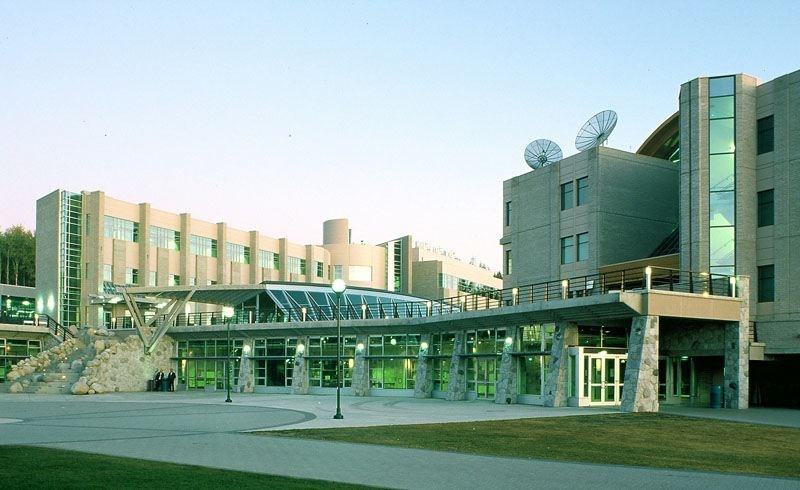CNC is celebrating Tuesday's provincial government announcement to eliminate tuition fees for all adult basic education and English as a second language courses.
"We're thrilled to be able to offer Adult Basic Education and English Language Learning programs tuition-free starting Sept. 1," said CNC's executive vice president academic, Jay Notay in a release.
"We're aware that about three quarters of CNC students go on to complete another program at the college after completing ABE courses and this doesn't account for those programs they enroll in at other institutions, so we're pleased to be able to support their learning and success."
The announcement made by Premier John Horgan fulfilled an NDP campaign promise and came after a dedicated effort from the British Columbia Federation of Students since funding cuts began in 2015.
"Today heeded the call of students, faculty and other members of the public by making all high school level education tuition fee-free once gain in this province," said Simka Marshall, chairperson of the British Columbia Federation of Students.
"This commitment will go along way to help low and middle income learners access basic education in B.C."
ABE programs are predominantly high school equivalent and literacy courses for adults returning to school.
In 2014, the B.C. Liberals cut $6.9 million from adult basic education programming at post secondary institutions in B.C. and removed the tuition fee-free mandate.
A further $9 million was cut from the adult basic education programming in the K-12 system.
According to Marshall, public post-secondary institutions were charging $1,600 per term in tuition fees for full-time ABE courses.
CNC did offer free tuition but with the cuts, began charging about $533 per course.
"This is very expensive for high school education," Simka said.
Due to the cuts, enrollment dropped 20-60 per cent all across the province.
In 2015, students launched a provincewide campaign, Don't Close the Doors, calling on the provincial government to stop the cuts to ABE funding and reverse tuition fees.
The campaign was presented to Prince George city council in May and was also endorsed by various community organizations, labour unions and 23 other municipalities in B.C.
"Premier John Horgan has made the right decision," Marshall said.
ABE students come from the most marginalized groups with 58 per cent being women, 18 per cent Indigenous and 20 per cent are parents.
"ABE students are some of the most marginalized in our communities and this announcement means they will no longer be expected to pay up to $1,600 per semester for high school level courses," Simka said.
Over the past two years, the BCFS demonstrated continued support for the issue and this commitment was part of the NDP's platform.
It was also included in the B.C. Liberals' throne speech in June.
The BCFS is composed of over 150,000 post-secondary students from 14 universities and colleges in the province.



